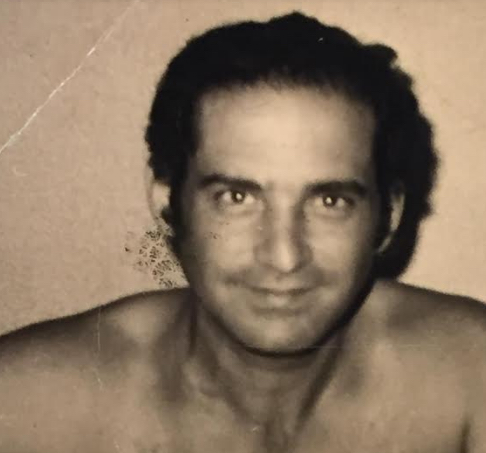OPINION: Milk on foreign soil, memories of a cruel Cuban dictatorship

When one thinks of Cuba, Guantanamo Bay often comes to mind. The Bay of Pigs, The Cuban Missile Crisis, President John F. Kennedy — his presidency frozen in time by his tragic untimely death — and for the Cuban people, the most significant issue of their lifetime never fully resolved.
The failure of the Bay of Pigs forfeited every last bid for hope the Cuban people had of changing course. For one man, my dear friend Gerardo Delgado (August 1938-August 2016), it was the beginning of the end. When the Castro brothers discovered his plans to emigrate to the U.S., they confiscated his passport. For 10 years he was forced to work in the sugar cane fields. Not a single cent was paid to him, and ironically, his own town had no access to sugar. For his indentured servitude, he was given two meals a day and nothing else.
“Every day,” he explained, “was an eternity.” His American Dream was deferred and it sagged like a heavy load. The reality is that Delgado was no threat to the Castro brothers. He was a common man, a peasant, if you will, who just wanted out.

Brooklyn Boro
View MoreNew York City’s most populous borough, Brooklyn, is home to nearly 2.6 million residents. If Brooklyn were an independent city it would be the fourth largest city in the United States. While Brooklyn has become the epitome of ‘cool and hip’ in recent years, for those that were born here, raised families here and improved communities over the years, Brooklyn has never been ‘uncool’.